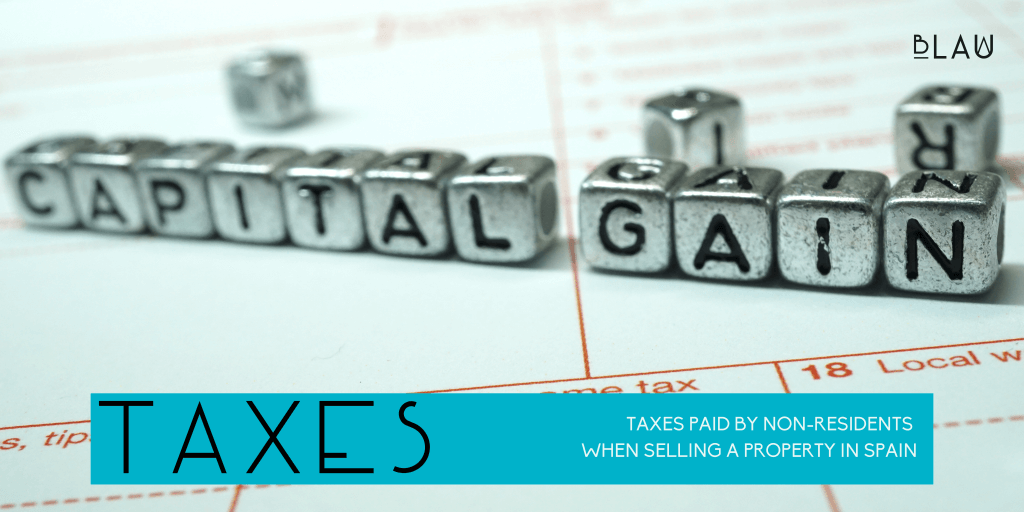Personal income tax in Spain
Decoding the Spanish personal income tax maze
Spain’s tax system, particularly for personal income, is multifaceted and requires careful navigation. With its progressive tax rates and various deductions, understanding the system is crucial for both residents and non-residents. This guide aims to demystify the complexities of personal income tax in Spain, offering insights tailored for individuals seeking clarity on their tax obligations.
Determining your tax residency status in Spain: A pivotal step
What makes you a tax resident in Spain?
Tax residency is a critical concept in Spain’s tax system. Typically, if you spend more than 183 days in Spain within a calendar year, you’re considered a tax resident. However, other factors, like having your primary economic or family interests in Spain, can also play a role. Understanding your residency status is the first step in determining your tax obligations.
Financial implications of your tax residency status
The distinction between being a tax resident and a non-resident isn’t just a matter of definition. Tax residents are obligated to pay taxes on their global income in Spain, while non-residents are taxed solely on income sourced within Spain. This distinction can lead to significant differences in tax liabilities, especially for those with income sources spread across multiple countries.

Breaking down tax brackets and rates in Spain: What to expect
How progressive tax rates impact residents
For residents, Spain employs a progressive tax system, meaning the more you earn, the higher your tax rate. Rates start at around 19% for lower incomes and can climb up to 45% for the highest earners. However, these rates aren’t uniform across the country; Spain’s autonomous communities have the authority to adjust these rates, leading to slight regional variations.
Understanding the fixed tax rate for non-residents
Non-residents, regardless of their income level, are generally subject to a fixed tax rate on their Spanish-sourced income. This rate stands at 24% for EU/EEA residents and 24.75% for others. It’s essential to be aware of this distinction, as it can significantly influence financial planning for non-residents earning in Spain.
Maximizing tax benefits: Deductions and allowances available
Exploring common deductions for tax residents in Spain
Spain offers a plethora of deductions for its tax residents. From mortgage interest deductions on a primary residence to contributions towards pensions and charitable donations, there are numerous avenues to reduce taxable income. Additionally, personal and family allowances can further decrease the tax burden, making it essential for residents to be well-informed about these benefits.
Navigating the limited deductions landscape for non-residents
While non-residents don’t have access to the extensive list of deductions available to residents, there are still some benefits they can leverage. Primarily, these relate to property ownership in Spain, such as deductions on property-related expenses. Furthermore, Spain’s double taxation treaties with various countries can offer relief, ensuring non-residents aren’t taxed twice on the same income.
Staying compliant: Key dates and deadlines for tax filing
Annual tax declarations: A ritual for residents and non-residents
Filing an annual tax return is a ritual that both residents and non-residents with Spanish-sourced income must adhere to. Typically, the window for filing is between April and June for the previous year’s income. Being aware of this timeframe is crucial to avoid penalties and ensure compliance.
Timely payments: Avoiding pitfalls and penalties
Beyond just filing, ensuring timely tax payments is equally crucial. While exact dates can vary, residents usually have until the end of June to settle their tax liabilities. In some cases, advance payments might be required, especially for those with significant income sources.
Navigating personal income tax in Spain with expert guidance
The value of professional tax advice in Spain
Given the intricacies and regional variations in Spain’s personal income tax system, seeking expert advice isn’t just recommended; it’s almost essential. Engaging with tax professionals familiar with Spanish regulations can provide clarity, ensure full compliance, and potentially lead to significant savings.
Frequently asqued questions about personal income tax in Spain
Your tax residency status in Spain is primarily determined by the number of days you spend in the country. If you spend more than 183 days in Spain within a calendar year, you’re typically considered a tax resident. Other factors, such as having your primary economic or family interests in Spain, can also influence your status. It’s essential to understand your residency status as it significantly impacts your tax obligations.
Spain employs a progressive tax system for residents, with rates ranging from around 19% for lower incomes to up to 45% for the highest earners. However, these rates can vary slightly based on the autonomous community in which you reside. It’s crucial to consult the specific rates for your region to determine your exact tax obligations.
No, non-residents are generally subject to a fixed tax rate on their Spanish-sourced income. This rate is 24% for EU/EEA residents and 24.75% for others. Unlike residents, non-residents are not taxed on their global income in Spain, only on income sourced within the country.
As a tax resident in Spain, you can claim various deductions, including those for mortgage interest on a primary residence, pension contributions, and charitable donations. Additionally, there are personal and family allowances that can reduce your taxable income. It’s advisable to consult with a tax expert to maximize these deductions and ensure compliance.
Spain has double taxation treaties with numerous countries, ensuring that non-residents aren’t taxed twice on the same income. These treaties allow non-residents to claim relief or exemptions in Spain for taxes already paid in their home country, preventing double taxation and potentially leading to significant savings.
Both residents and non-residents with Spanish-sourced income must file an annual tax return, typically between April and June for the previous calendar year. It’s essential to be aware of this timeframe and ensure timely filing to avoid penalties.
Related post about personal income tax in Spain
Contact us

